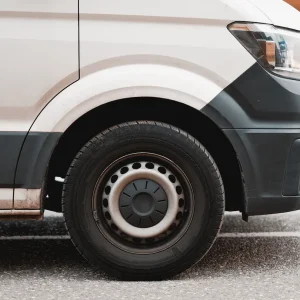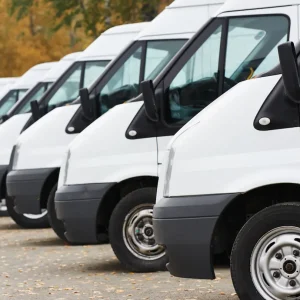Order quotas for electric vans are being imposed by manufacturers looking to meet the UK’s ZEV mandate, causing potential problems for operators, according to the Association of Fleet Professionals (AFP).
Under the mandate, a certain proportion of vans sold by each manufacturer must be zero-emission – starting at 10% this year, then rising in subsequent years – with penalties for non-compliance.
The AFP said that several major manufacturers were insisting that a proportion of all orders must now be for EVs, in order to reflect this.
AFP chair Paul Hollick said: “It’s quickly becoming a widespread practice that when a fleet wants to order a quantity of vans, manufacturers are asserting that a percentage is electric – often 10% to reflect the 2024 ZEV mandate.
“The problem is that some fleets just don’t have a role for these electric vans within their business.
“Their payload and range requirements mean there is no operational profile for which the electric van can be practically used, or there is no suitable charging infrastructure.”
Hollick said that the situation was presenting a conundrum for fleets: whether to try to order from with manufacturers who weren’t insisting on quotas; to not replace existing diesel vans and keep running them for longer; or to buy the electric vans and either use them for occasional lighter duties or simply park them up.
He said: “All of these courses of action are far from ideal. Changing van supplier can be quite an arduous task for fleets, meaning that the whole van unit has to be rethought including fitting out.
“Hanging onto older vans that really need to be replaced means that you are likely to experience problems with reliability and has potential risk management and environmental implications.
“Lastly, it’s just not viable to buy expensive assets like electric vans and not really use them in the operational roles where you actually need a solution.”
Hollick said that the situation was likely to become more acute quite rapidly, with the ZEV mandate for vans rising from 10% in 2024 to 70% in 2030.
“We fully understand why manufacturers are having to introduce order quotas of this type – it is very much a result of the legislation. In a sense, we are seeing the policy in action, but the issue is that there are fleets for which electric vans don’t just mean acceptable compromises but effectively won’t work.
“For that to change, sizeable advances in both the capabilities of electric vans and their supporting charging infrastructure need to happen.”
Hollick said that although a ZEV mandate was also being applied to car sales, this was not a problem for fleets due to high levels of existing EV take-up within the company car market.
He said: “Electrification for fleets is very much a story of huge success for cars and much slower progress for vans.
“While the ZEV mandate stipulates lower quotas for vans than cars, it doesn’t really reflect the extent of the differences in the speed of adoption.”





